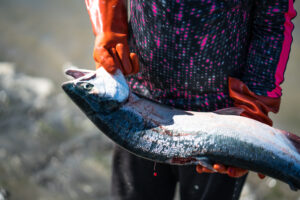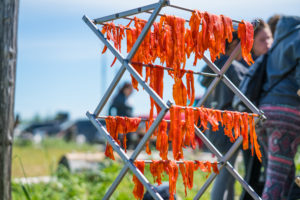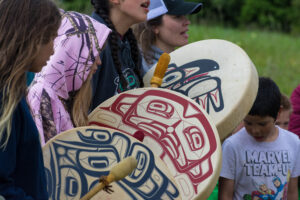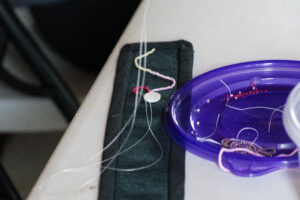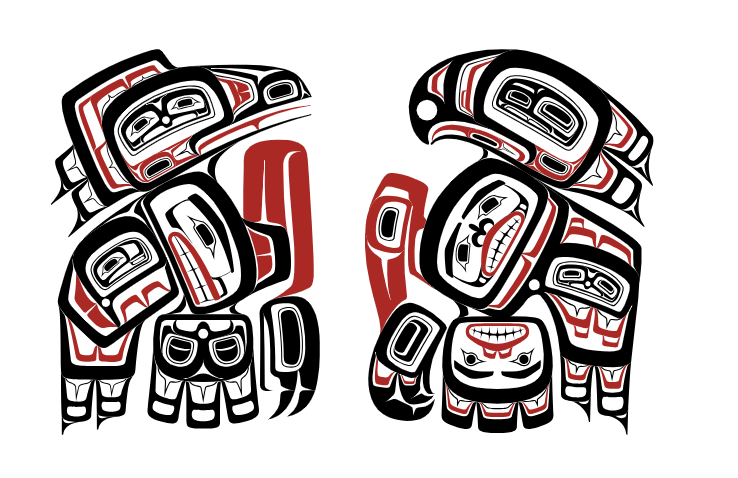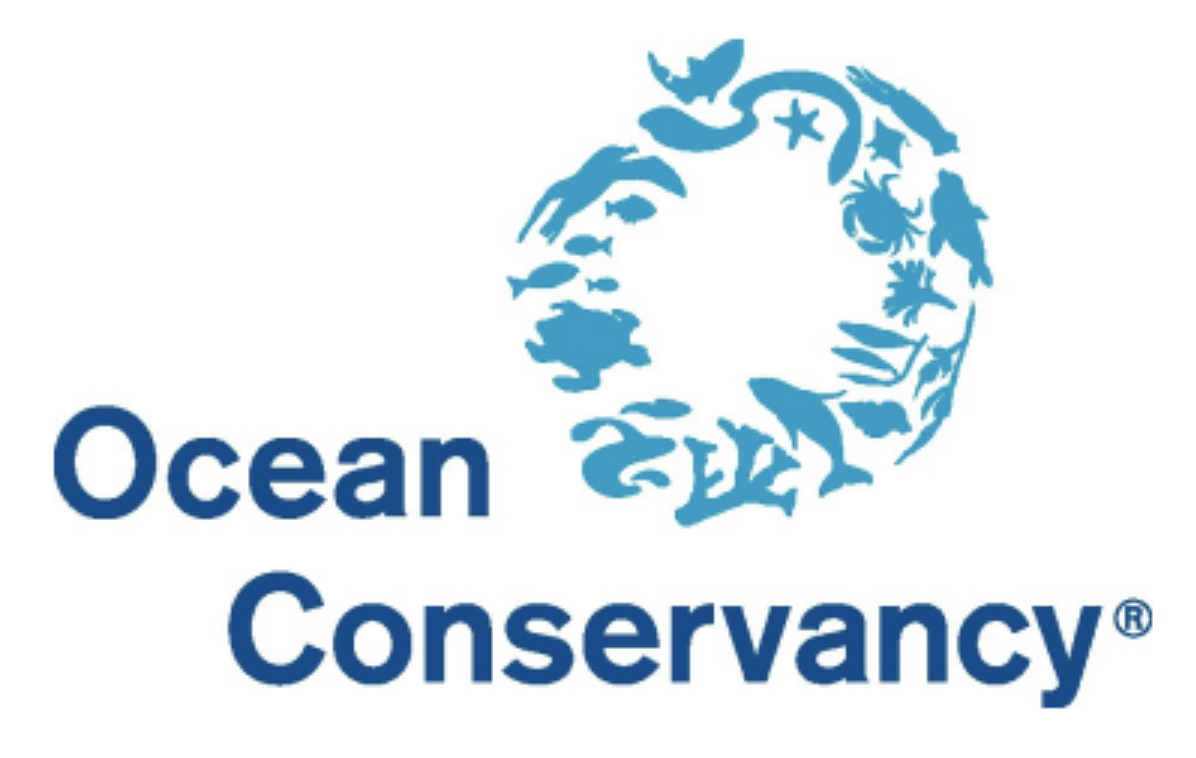Cultural Heritage
Welcome to the Yakutat Tlingit Tribe Cultural Heritage Department Page
Strengthening culture and tradition through
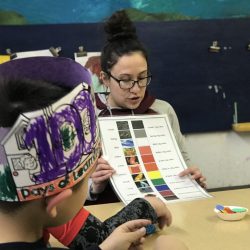
Language
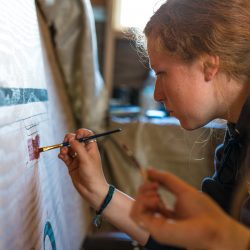
Arts
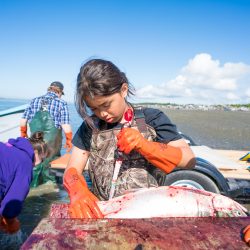
Lifestyle
A clear vision and purpose:
“To Preserve and Maintain the Yakutat Tlingit Language and Worldview”
The Yakutat Tlingit Tribe Cultural Heritage Department exists to provide Native American students the tools necessary to succeed on their educational journey from Headstart to High School Graduation.
Strengthening Our Roots
2025 Culture Camp
Caring for ourselves, community, elders, land, food, culture, language, and sovereignty
📅 Day Camp Session 1: June 26-30
📅 Day Camp Session 2: July 16-20
📍 Situk River Fish Camp, Yakutat, Alaska
An immersive cultural education experience rooted in Tlingit values, leadership development, food sovereignty, and traditional knowledge systems.
Registration will be open soon! Stay tuned for enrollment announcements on our Facebook.
Who Can Attend
Youth Ages 5 – 10 • Time: 9 AM – 1:30 PM
Age-appropriate cultural activities with dedicated instructors, shared activities with older youth, and daily song and dance sessions.
Youth Ages 11 – 17 • Time: 10 AM – 8:30 PM
Full day of hands-on learning, leadership development, and stewardship activities, building deep connections to culture, land, and community.
🎯Camp Experience
A multi-day, immersive cultural education camp rooted in Tlingit values, traditional knowledge, and community connection. Designed for youth, this camp offers a powerful intergenerational learning experience where stewardship, leadership, and cultural identity are center stage.
Every camper is both a host and a student, learning by living Tlingit values daily, honoring Elders, caring for others, and upholding the land and traditions they inherit. This strengthens cultural identity, teaches traditional stewardship, and encourages leadership through hands-on activities and mentorship.
The theme for this year is “Strengthening Our Roots”, with a focus on caring for ourselves, our community, Elders, the land, our language, food systems, and cultural sovereignty.
🌅 Evening Reflections
(Ages 11–17) Older campers end each day with meaningful reflection, beach gatherings, and time around the campfire. These peaceful moments allow youth to connect, share stories, and continue art or food preparation in a supportive, culturally rich space.
🍽 Community Potluck
Celebrations for each camp session conclude with a community-wide potluck, celebrating all that was learned and created. Families, Elders, and community members gather to share Traditional foods like smoked salmon, seal, and berries.
Performances of songs and dances by campers, Youth reflections and public speaking, Artwork and crafts made during camp. These evenings are joyful, inclusive celebrations of heritage, learning, and community unity.
These celebrations will be at the Situk Camp, depending on the weather. See you out there or at the ANB Hall.
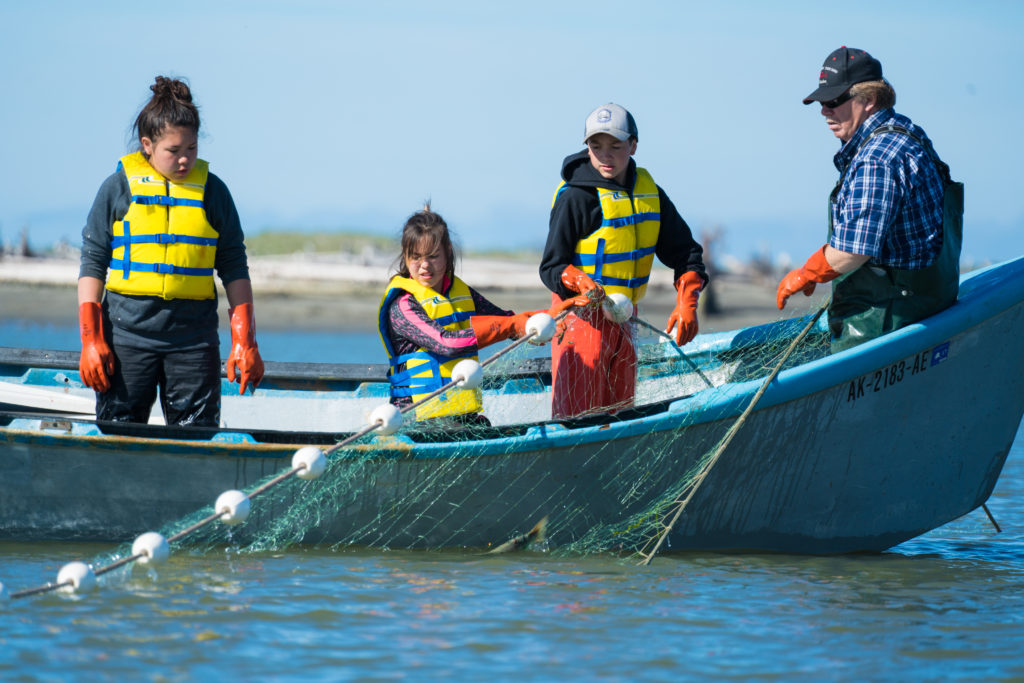
🌊 Daily Activities & What Campers Will Learn✨
Cultural Arts & Practices
Campers will participate in traditional Tlingit art forms that promote creativity, patience, and cultural pride:
- Spruce Root Weaving
- Drum Making
- Beading
- Formline Design
- Sewing with Natural Materials
Each session is guided by skilled cultural instructors and artists who share knowledge passed down through generations.
🎶 Language, Song, Dance & Storytelling
Elders, culture bearers, and the Mount Saint Elias Dancers guide daily sessions in:
- Tlingit language immersion
- Clan-specific songs and dances
- Oral storytelling and protocol teachings
These traditions strengthen cultural identity and connect youth to ancestral knowledge.
🐟 Food Sovereignty
Youth take part in the full cycle of subsistence harvesting and preparation:
- Salmon and seal butchering
- Traditional preservation methods like smoking and drying
- Berry and plant gathering
- Cooking and serving traditional dishes
These lessons promote respectful harvesting practices, food sustainability, and health, reinforcing the connection between land, culture, and self-determination.
🌿 Environmental Stewardship
Campers actively learn how to care for Yakutat’s lands and waters through:
- Plant identification and traditional use
- Sustainable harvesting techniques
- Coastal clean-up projects
These activities teach the Tlingit value of Wooch Yáx (balance and reciprocity) and instill a lifelong sense of environmental responsibility.
🌟 Leadership Development
Youth engage in:
- Leadership circles and group discussions
- Mentorship from tribal leaders and Elders
- Games and activities focused on teamwork, confidence, and community roles
- Real-world practice of governance and public speaking
Each day is hosted by either the Eagle or Raven moiety, rotating responsibilities for meals, cleanup, and ceremonies, teaching campers pride, hospitality, and accountability.
🤝 Partners & Support
This program is made possible by a network of partners and community collaborators including: Yakutat Tlingit Tribe & Yakutat Community Health Center • Elders, youth, parents, and local volunteers • Yakutat School District • Sealaska Corporation • Tlingit & Haida Tribes of Alaska • Ocean Conservancy • Byron Mallott Memorial Foundation • Bureau of Indian Affairs (BIA).
The Yakutat Culture Camp offers much more than activities — it offers transformation, resilience, and connection. We welcome all youth to be part of this unique journey toward cultural pride and leadership. Gunalchéesh / Thank you!
Volunteer with YTT’s 2025 Culture Camp
Join us this summer for a week of culture, connection, and community! YTT’s 2025 Culture Camp is a unique opportunity to uplift our youth, celebrate Tlingit heritage, and build lifelong memories—and we need your help!
Let’s come together to Strengthen Our Roots—uplifting our youth through tradition, service, and community care. Gunalchéesh for your support!
Important:
All volunteers, contractors, and YTT/YCHC employees are required to complete a background check before working at the camp. (They are 10 minutes at most)
👣 Volunteer Roles May Include:
- Assisting with daily camp activities
- Helping in cultural arts workshops
- Food preparation and serving
- Camp set-up and clean-up
- Supporting youth engagement
Information & Contacts
Ready to strengthen your roots? Contact us if you have any questions or would like more information.
📧 admin@ytttribe.org
Registration will open soon! Stay tuned for announcements and enrollment details.
Haa Yaakwdáat Lingít Yoo X'atángi Kúdi
Our Yakutat Tlingit Language Nest
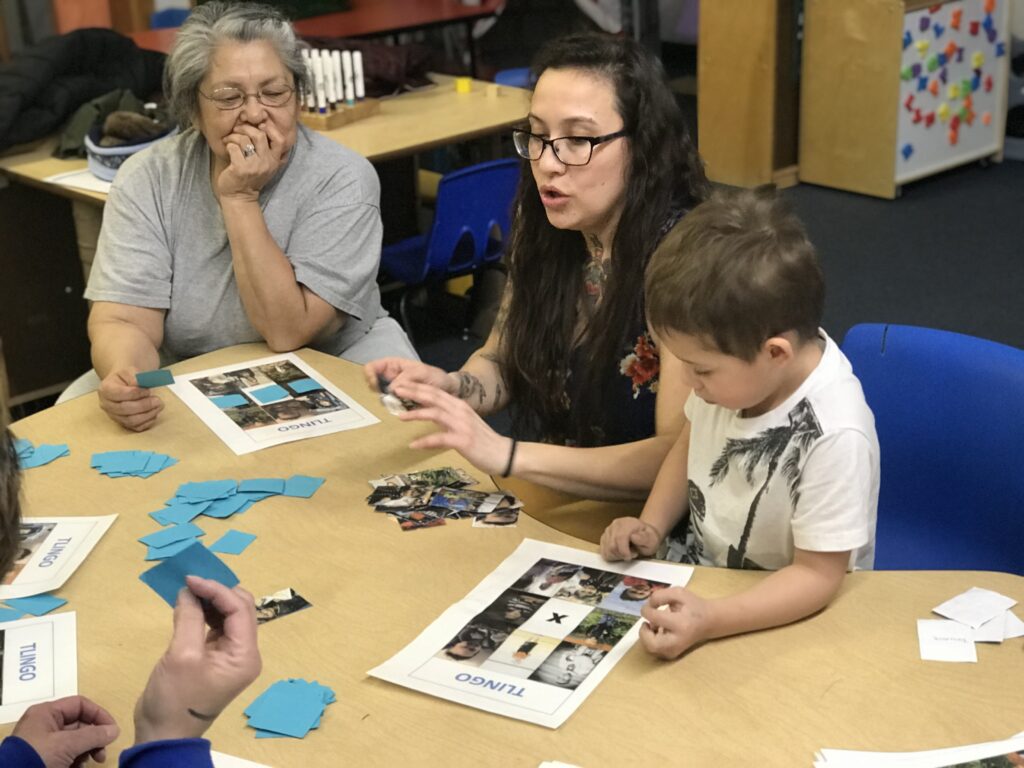
The goal of this project is to increase proficiency in youth ages 2-7 by establishing and operating a Lingít language nest. The Yakutat Tlingit Tribe will also pilot and expand the current Lingít language resources and curriculum, compiling these lessons into a Teacher Workbook that will be available to second language Tlingit Language teachers regionally by project end. Sustainability will be obtained through credentialing of language nest teachers as Child Care Associates. We will continue to build the Lingít language proficiency of our Assistant Teachers, further propelling them into Advanced levels of fluency.
Yakutat has not produced a first-language Lingít speaker in the last seven decades. In 2002- 2003 during the Yakutat Tlingit Tribe’s planning period, 13 fluent-speaking Tlingit elders came together to discuss Tlingit Language Revitalization. During that time our Elders conveyed that our values, worldview and sense of morality are embedded within our language. It was very important to them that our children and grandchildren eventually become first-language speakers.
The elders’ desire is reflected in the Yakutat Tlingit Tribe’s long-term goal to increase language proficiency among toddlers by establishing a language nest. It is extremely crucial that we act now; Yakutat has one (1) fluent-speaking elder remaining living within the community, this is an 99% attrition rate since 1995. When the Yaakwdáat Lingít language revitalization program first began back in the 1980’s, zero second-language learners existed. Today, we have fifteen (15) intermediate second-language learners, of these, six (6) are adults and nine (9) are youth. The Elders felt that in order to fulfill the Yakutat Tlingit Tribe’s goal of intergenerational fluency, we must focus on creating highly proficient speaking toddlers within the language nest and their homes. These highly proficient toddlers and their families will have the ability to become the first generation of second language fluent speakers and raise the first generation of first-language speakers. This project, Haa Yaakwdáat Lingít Yoo X̱’atángi Kúdi, “Our Yakutat Tlingit Language Nest,” will bring us closer to our long-term goal of creating fluent first-language Lingít language speakers.
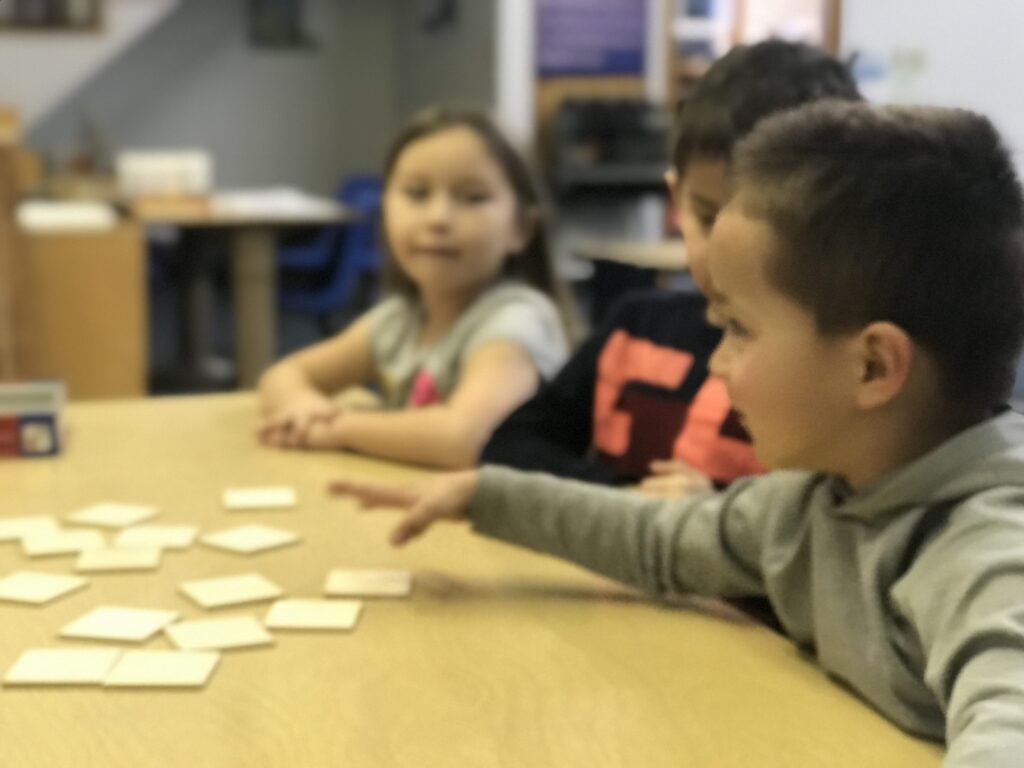
Objective 1: Increase Student Language Proficiency & Family Participation: By the end of month 36, fifteen (15) children ages 2-7, will each participate in 500 immersion hours per project year and will increase at least two (2) proficiency levels as outlined in the Yaakwdáat Lingít Language Proficiency Guidelines. A minimum of one parent/family member of each the language nest children will be required to participate a minimum of 26 hours per year in the bi-monthly Lingít Language Dinners.
Objective 2: Increase Teacher Proficiency: By the end of month 36, teachers will complete a total of 160 immersion hours per year by participating in four (4) mini-immersions or regional immersion retreats per year. Teachers will increase one (1) proficiency level as outlined in the Yaakwdáat Lingít Language Proficiency Guidelines.
Objective 3: Resource Development and Child Development Associates (CDA) Credentialing: By end of month 36, all YTT language curriculum will be piloted and combined into a teacher workbook along with all materials required for each lesson. By the end of month 36, a minimum of two (2) apprentice teachers will complete the educational and practical requirements toward a Child Development Associate (CDA) Degree to ensure the Language Nest remains a State of Alaska certified Child Care Center.
ANA believes language revitalization and continuation are two of the first steps taken in preserving and strengthening a community’s culture. Use of native language builds identity and encourages communities to move toward social unity and self-sufficiency. supports Native American communities by providing financial assistance and capacity building, gathering and sharing data, and advocating for improved policies within HHS and across the federal government.
The Esther Martinez Immersion program (formerly called the Esther Martinez Initiative) supports the development of self-determining, healthy, culturally and linguistically vibrant, self-sufficient Native American communities. This Funding Opportunity Announcement is focused on community-driven projects designed to revitalize the native American languages to ensure the survival and continuing vitality of these languages and the culture of Native peoples for future generations. Immersion and Restoration grant funding is awarded in according with the Esther Martinez Native American Languages Preservation Act of 2006. The initiative provides funding to support three-year projects being implemented by Native American Language Nests, Survival Schools, and Restoration Programs. (https://www.acf.hhs.gov/ana )
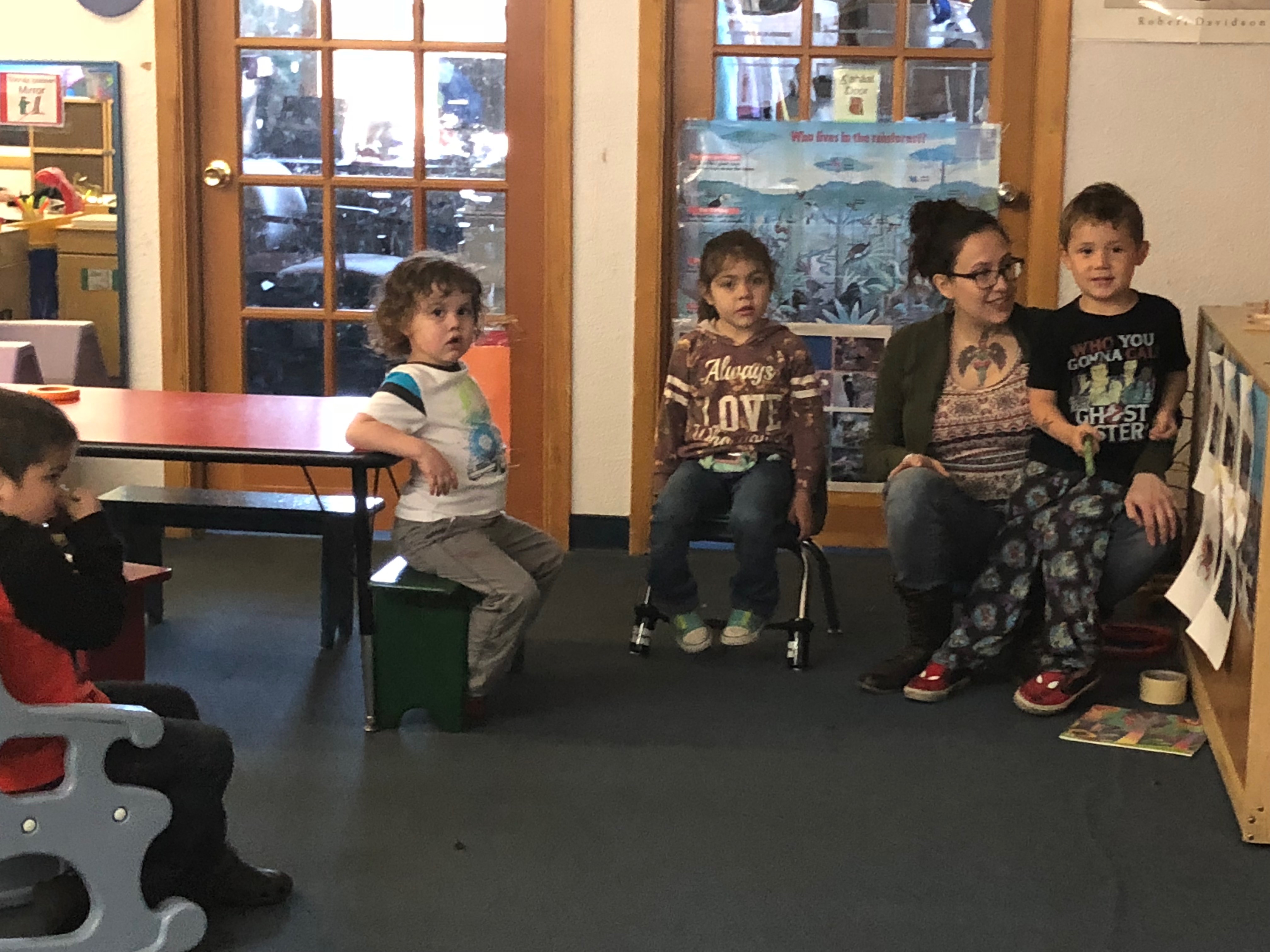
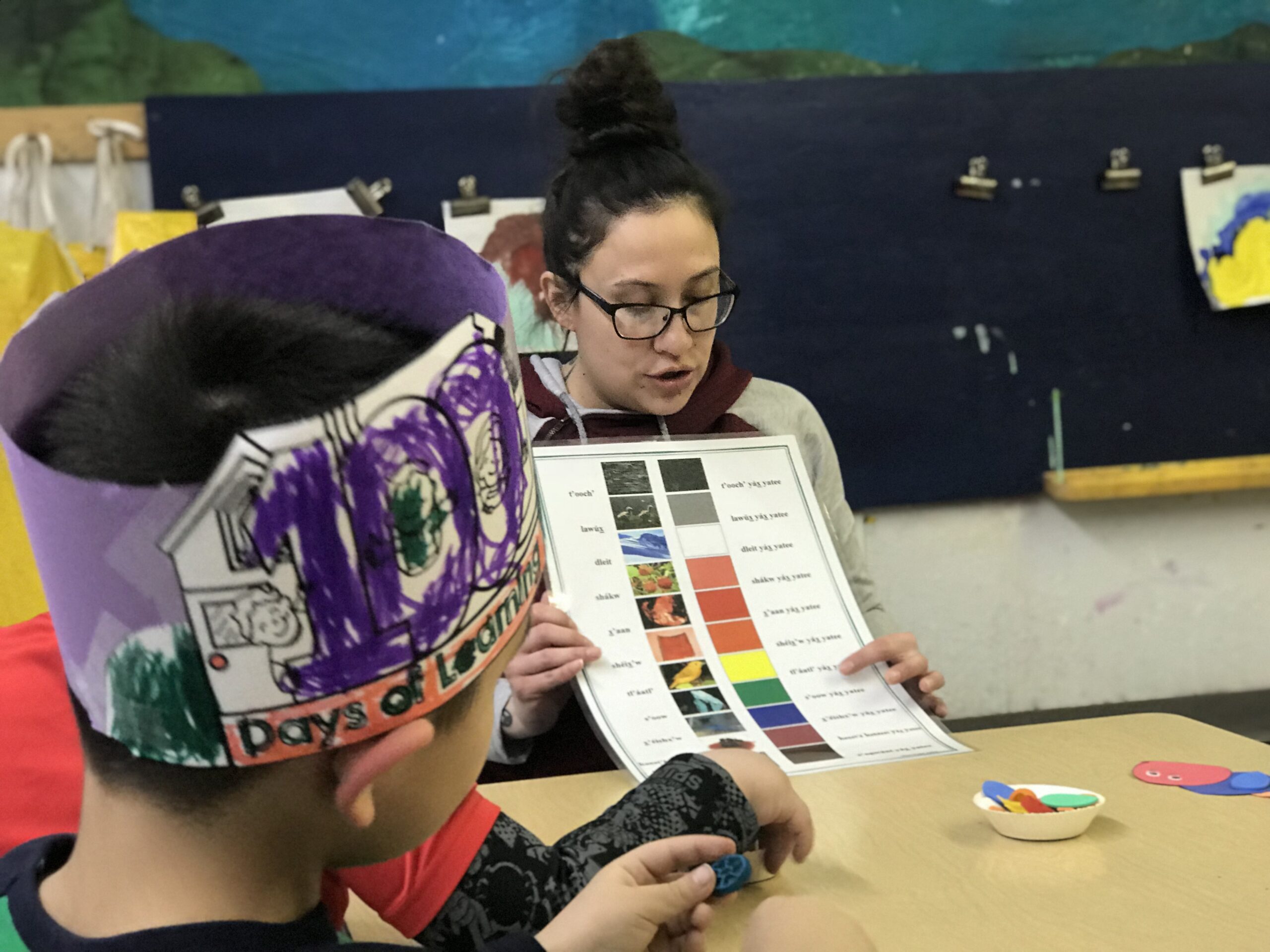
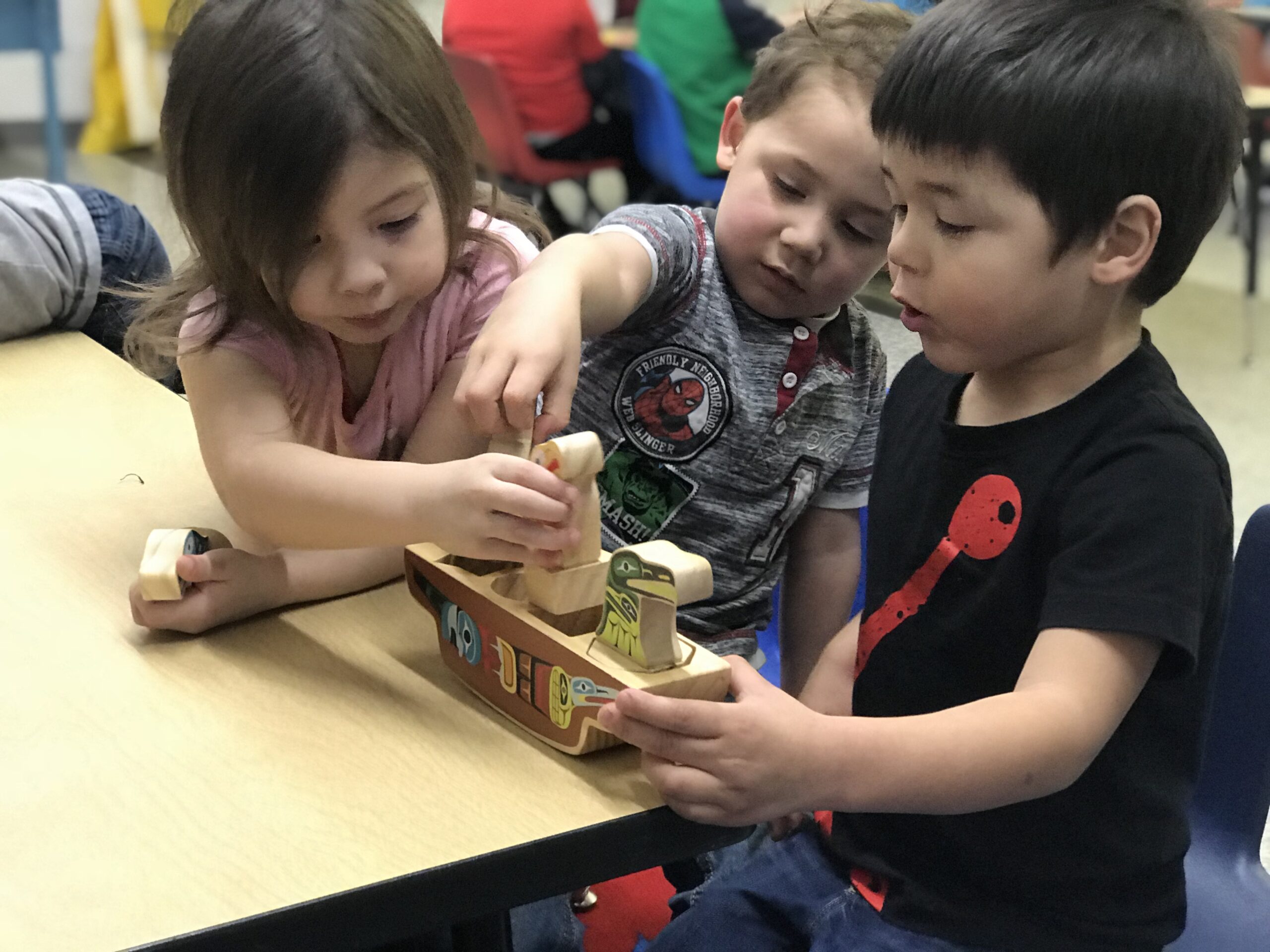
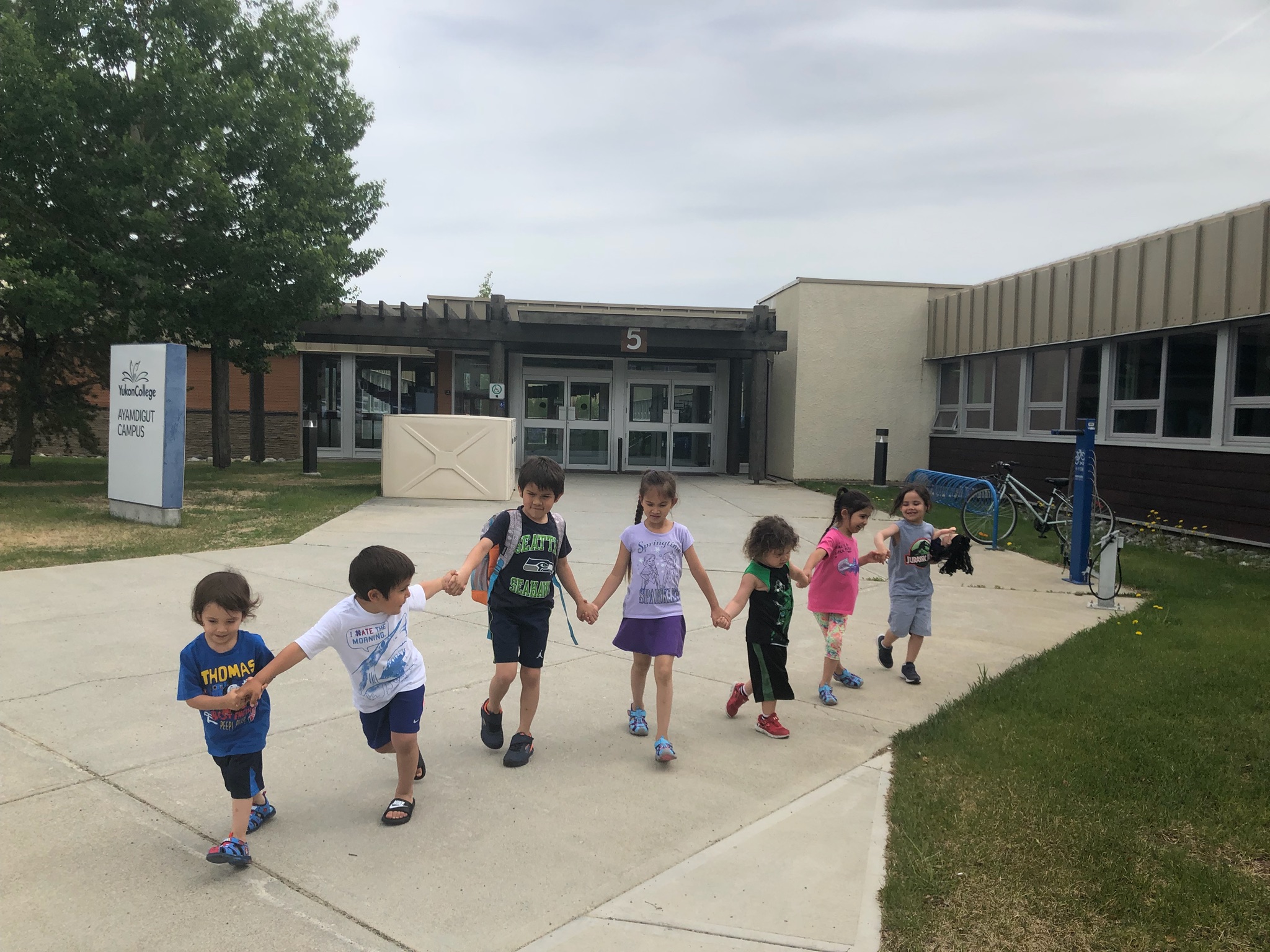
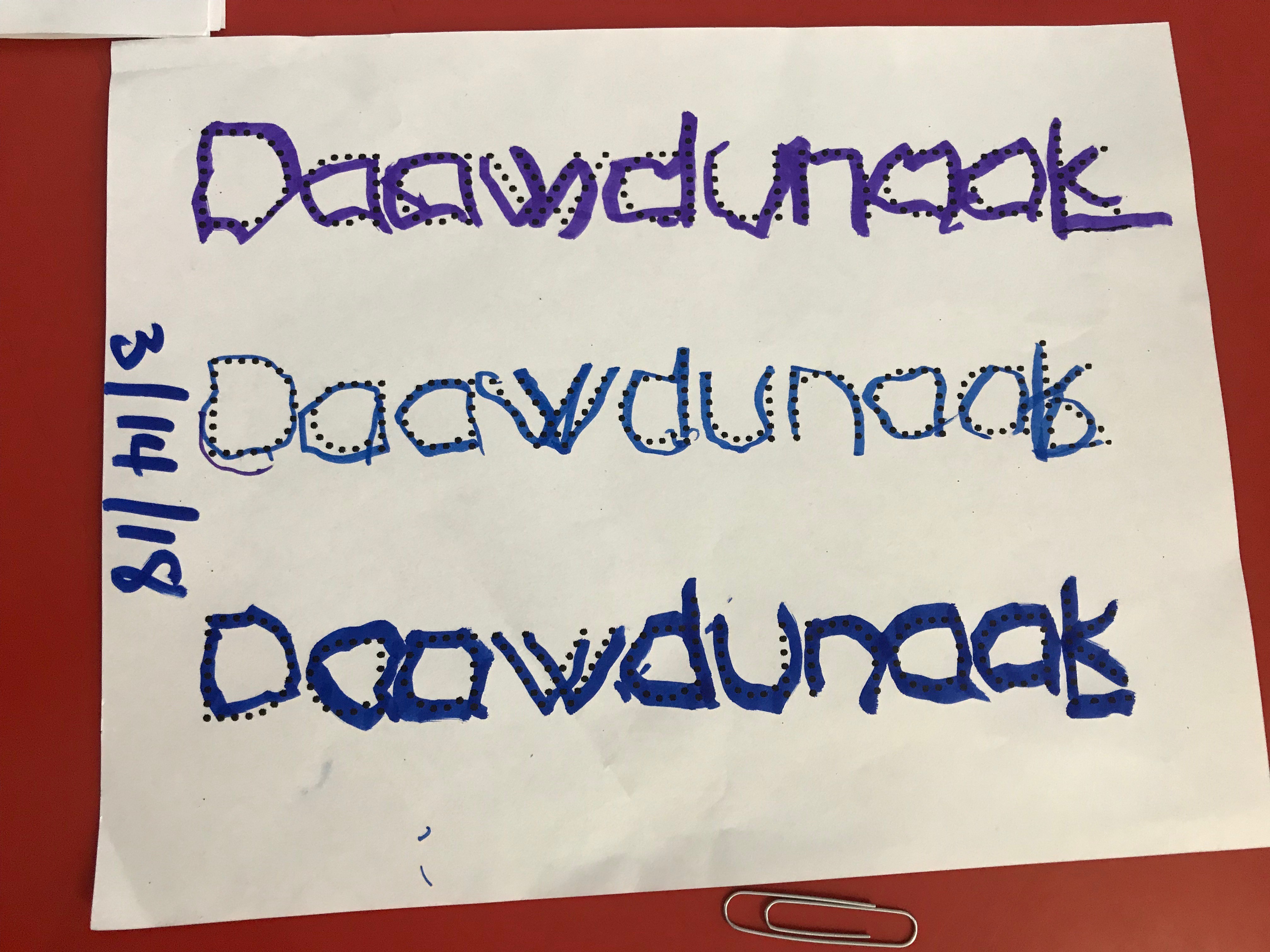
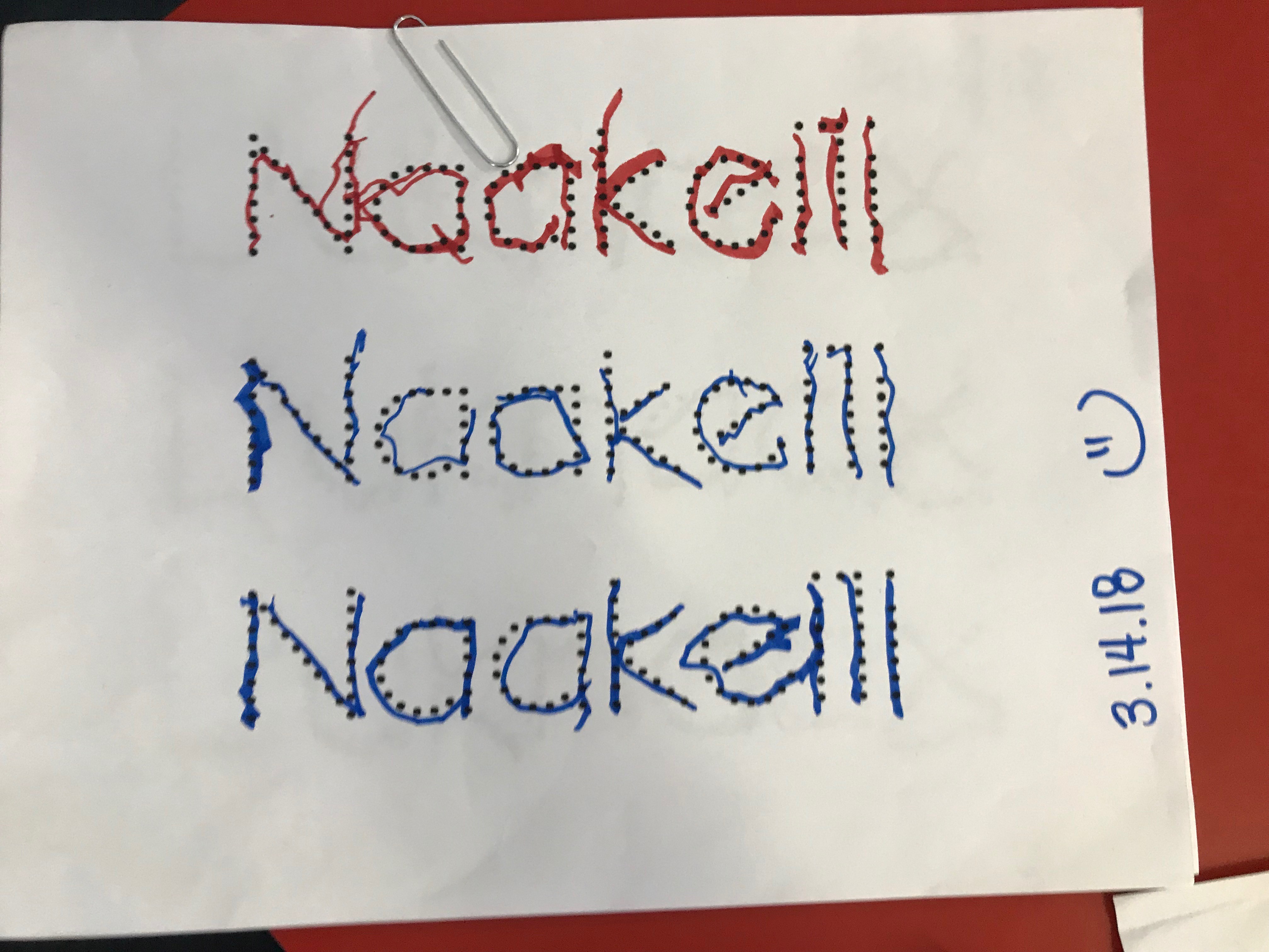
culture camp
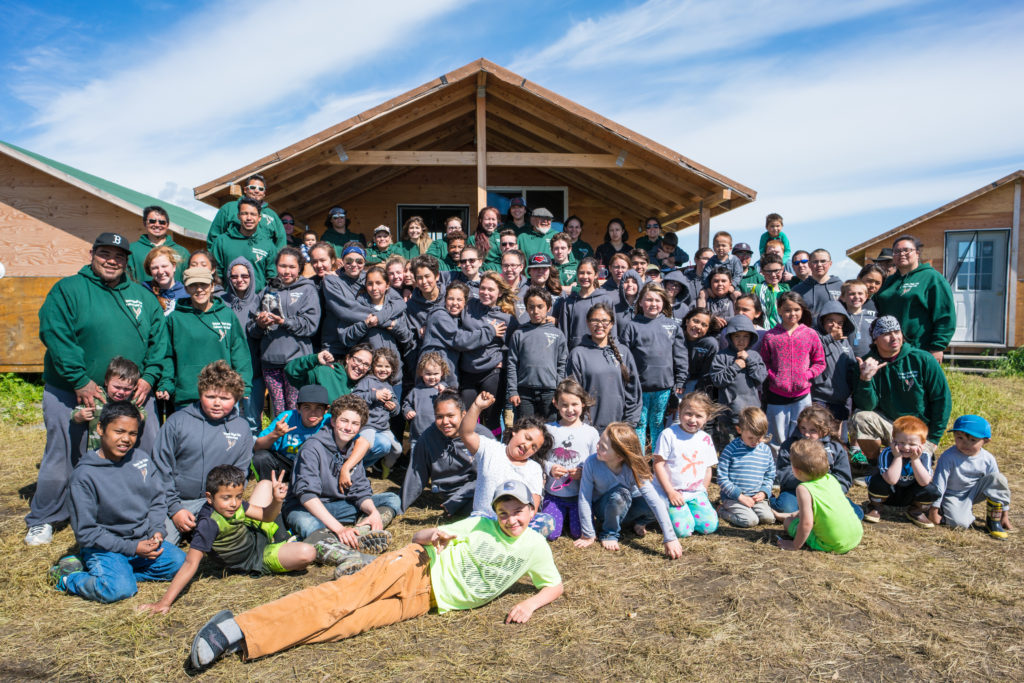
The Yakutat Tlingit Tribe Cultural Heritage Department continues to host its biennial Culture Camp Program, now having successfully completed six camps. The program remains centered on “Why you are who you are,” a powerful mantra passed down by Yakutat’s elders to inspire young people. This foundational concept encourages campers to respect themselves and traditional tribal values, to learn and understand their clan system, their family connections, and their relationship with the natural world around them.
The camp promotes active engagement in native lifestyle practices, emphasizing the importance of staying positive and humble, healthy eating, respecting the laws of nature, and maintaining the reciprocity between the raven and eagle clans. Through song and dance, participants connect with their ancestors, keeping language and stories alive for future generations.
Camp attendance has varied throughout the years, ranging from 30 to 70 participants from Yakutat and around the region. Each camp is staffed with dedicated overnight counselors for both girls and boys, kitchen staff, and Native American and Alaska Native teachers and mentors. These instructors share their knowledge of Tlingit Language and storytelling, traditional harvesting practices for fish, seal and berries, as well as cultural arts including canoeing, beading, weaving, skin sewing, carving, and painting.
Funding sources and amounts vary per camp, supporting the continuation of this vital cultural program.
The Yakutat Tlingit Tribe Cultural Heritage Department hosted its 3rd biennial Culture Camp Program on June 21st-July 1st, 2017. In the past two years we have focused on “Why you are who you are,” a mantra the elders of Yakutat have frequently used to inspire the young people. It is a concept that will encourage campers to respect themselves and traditional tribal values, to learn and understand the clan system that they belong to, the family they are connected to and the world of nature that surrounds them. We encourage students to stay active, fit and practice living a native lifestyle. We discussed staying positive and humble, eating healthy, respecting the laws of nature and reciprocity between the raven and eagle clans. We sang and danced together, connecting us to our ancestors through language and story. We usually have 30 attendees from Yakutat and around the region, however this year we hosted 80 campers ages 1-17. The staff to support our campers required two overnight counselors for the girls and two overnight counselors for the boys, two cooks in the cookhouse and 13 Native American and Alaska Native teachers and mentors to instruct campers in Tlingit Language and storytelling, to harvest fish, seal and berries, canoeing, beading, weaving, skin sewing, carving and painting. Funding for the culture camp was from private donor Julia Bevens, Rasmuson Foundation, BIA, ANA, Tlingit and Haida Indian Tribes of Alaska Childcare Funds and an Environmental Department’s BIA fund.
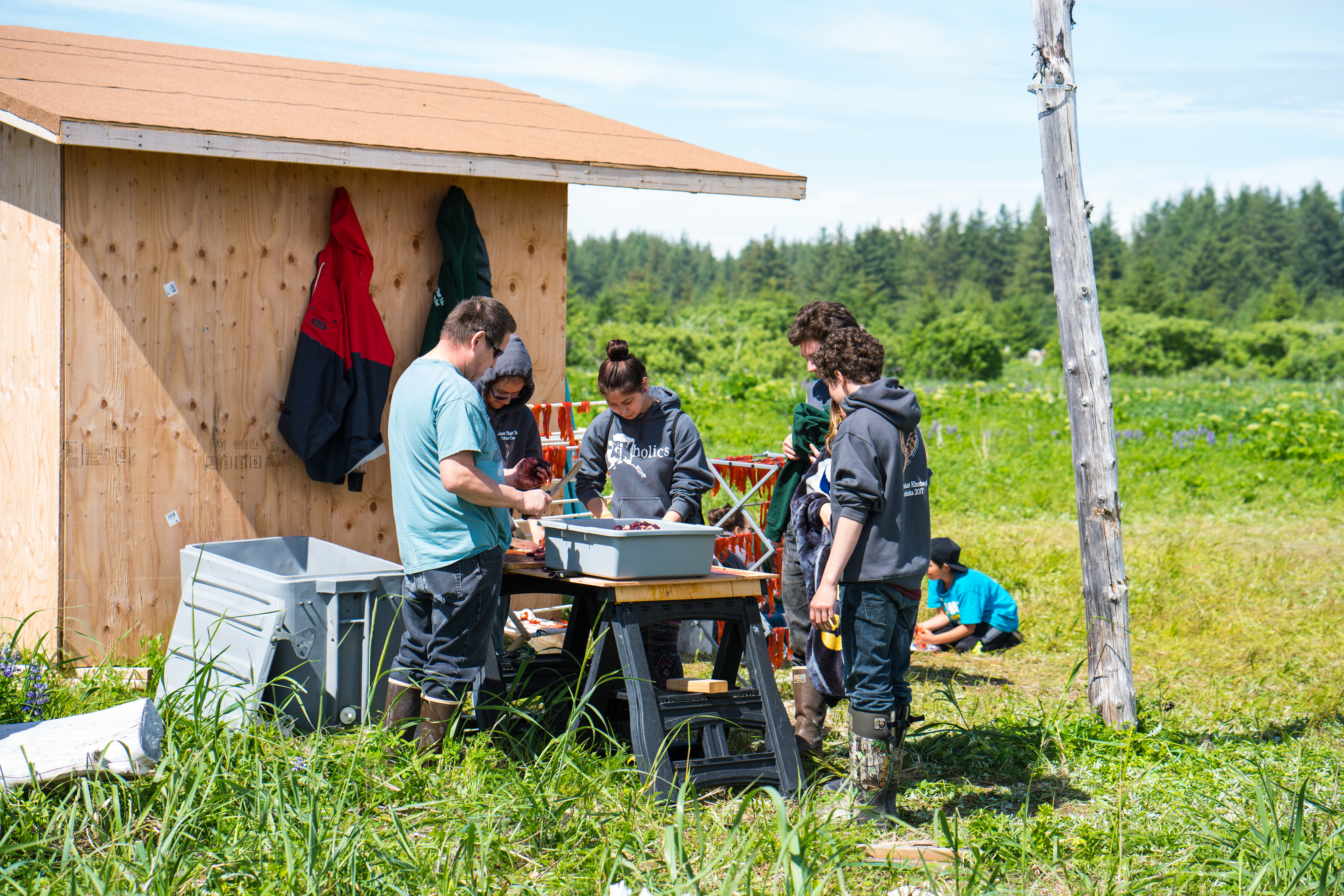
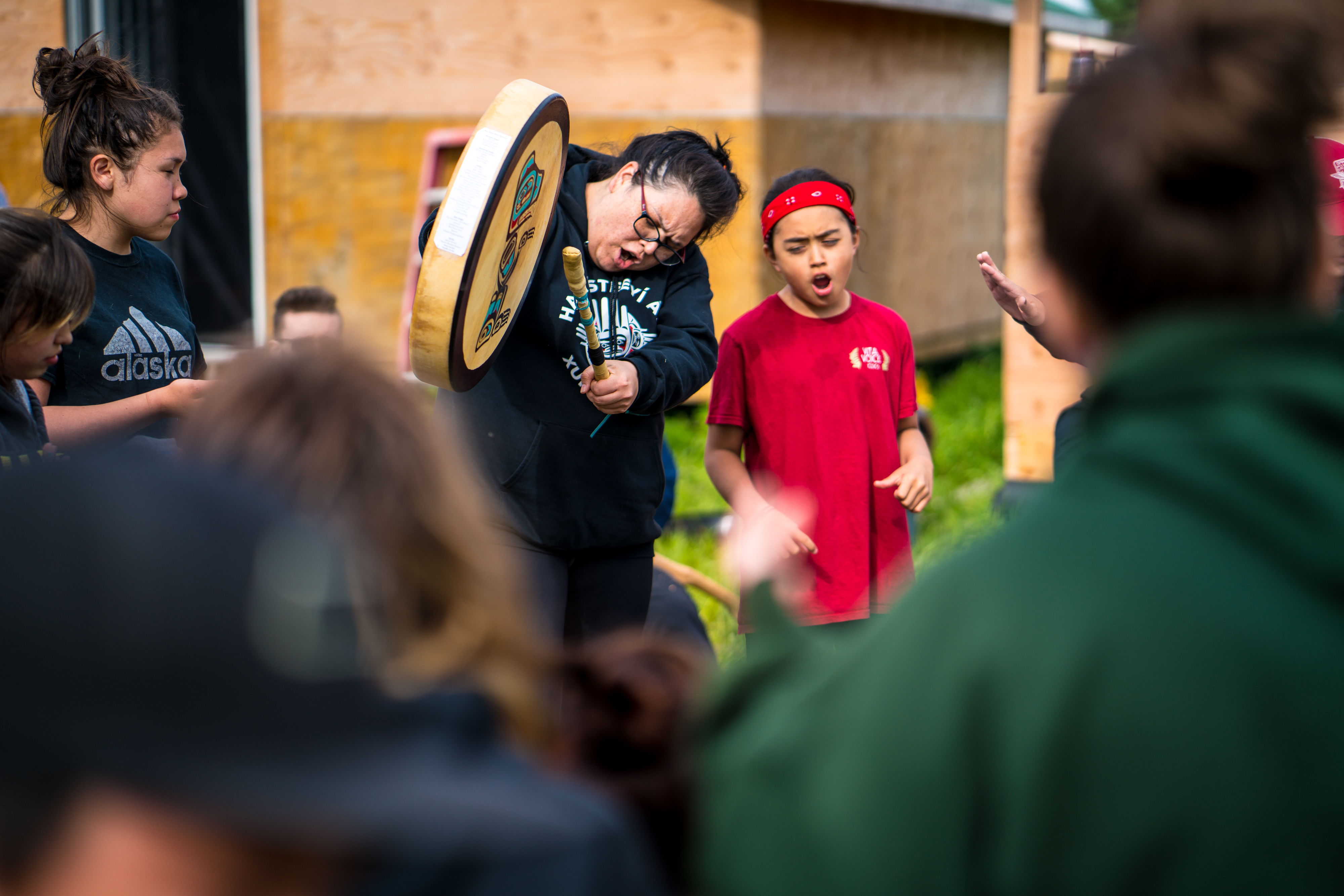
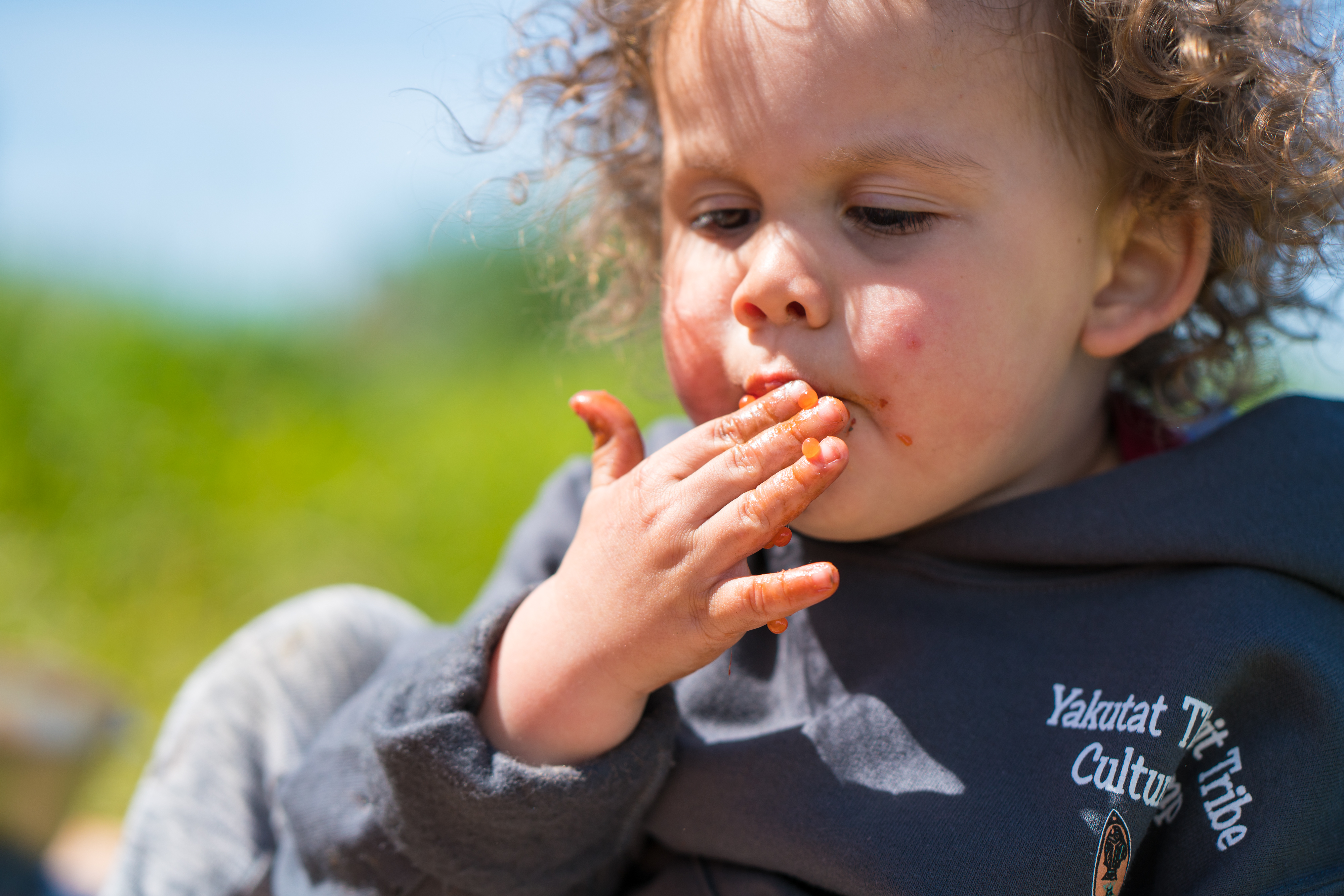
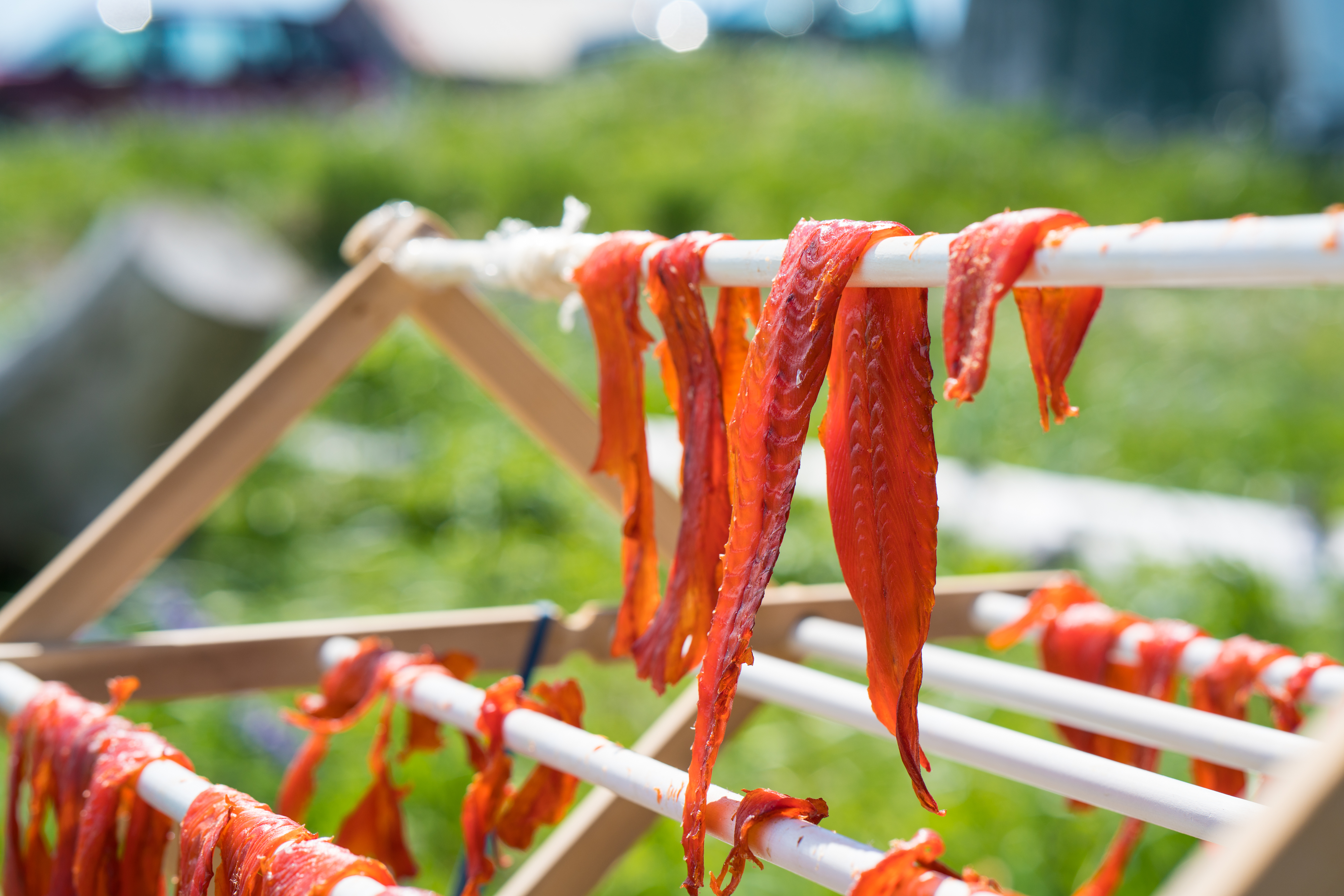
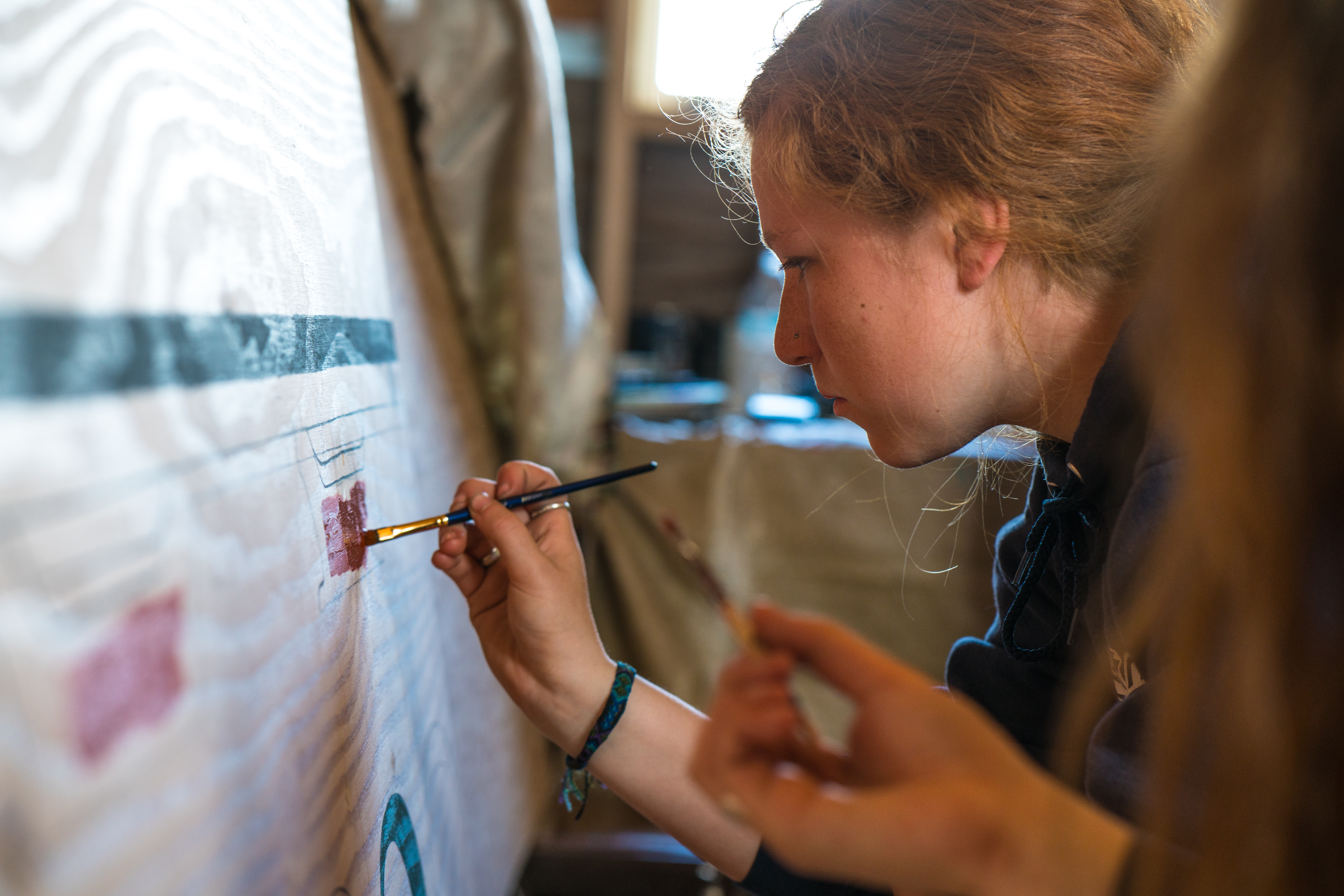
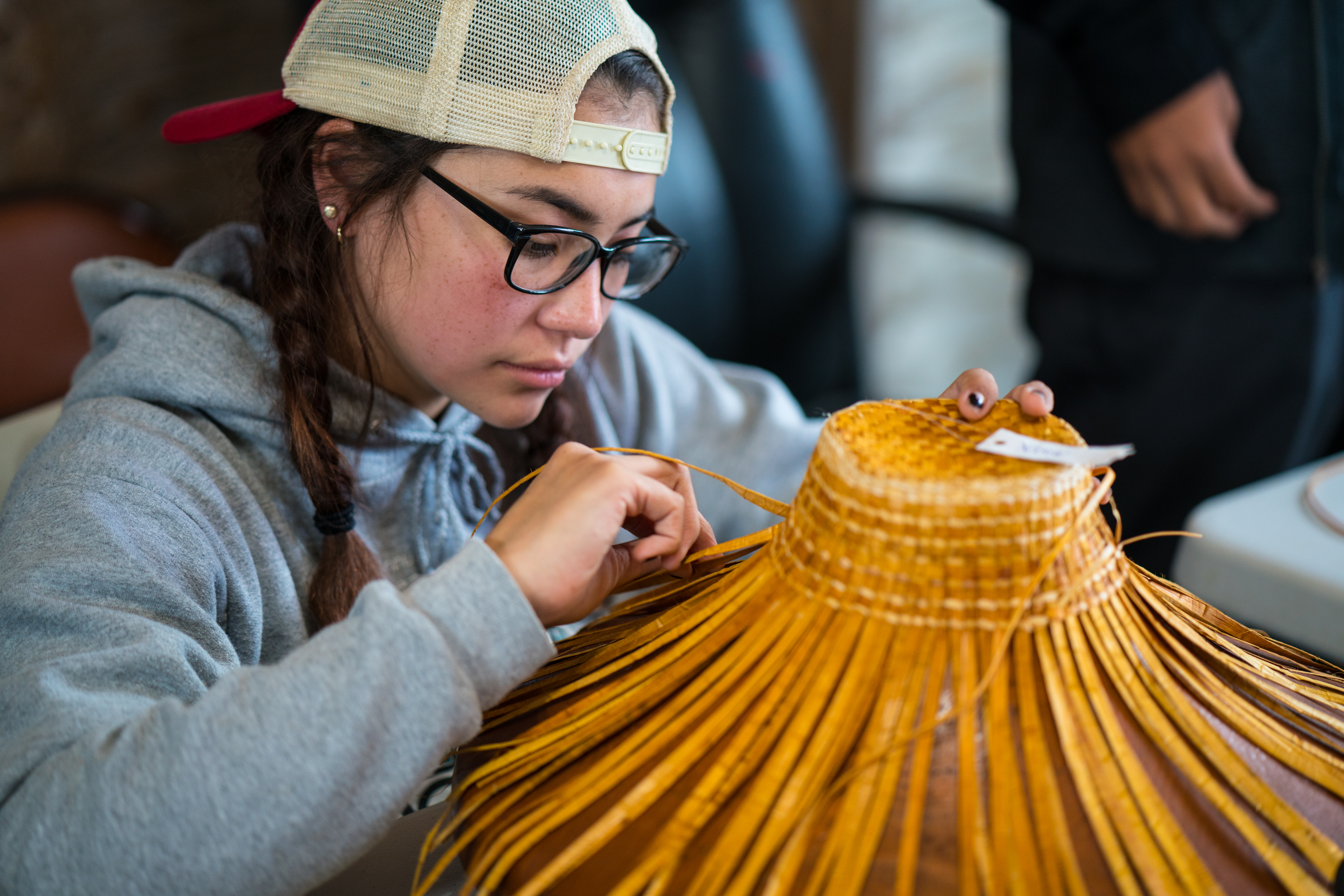
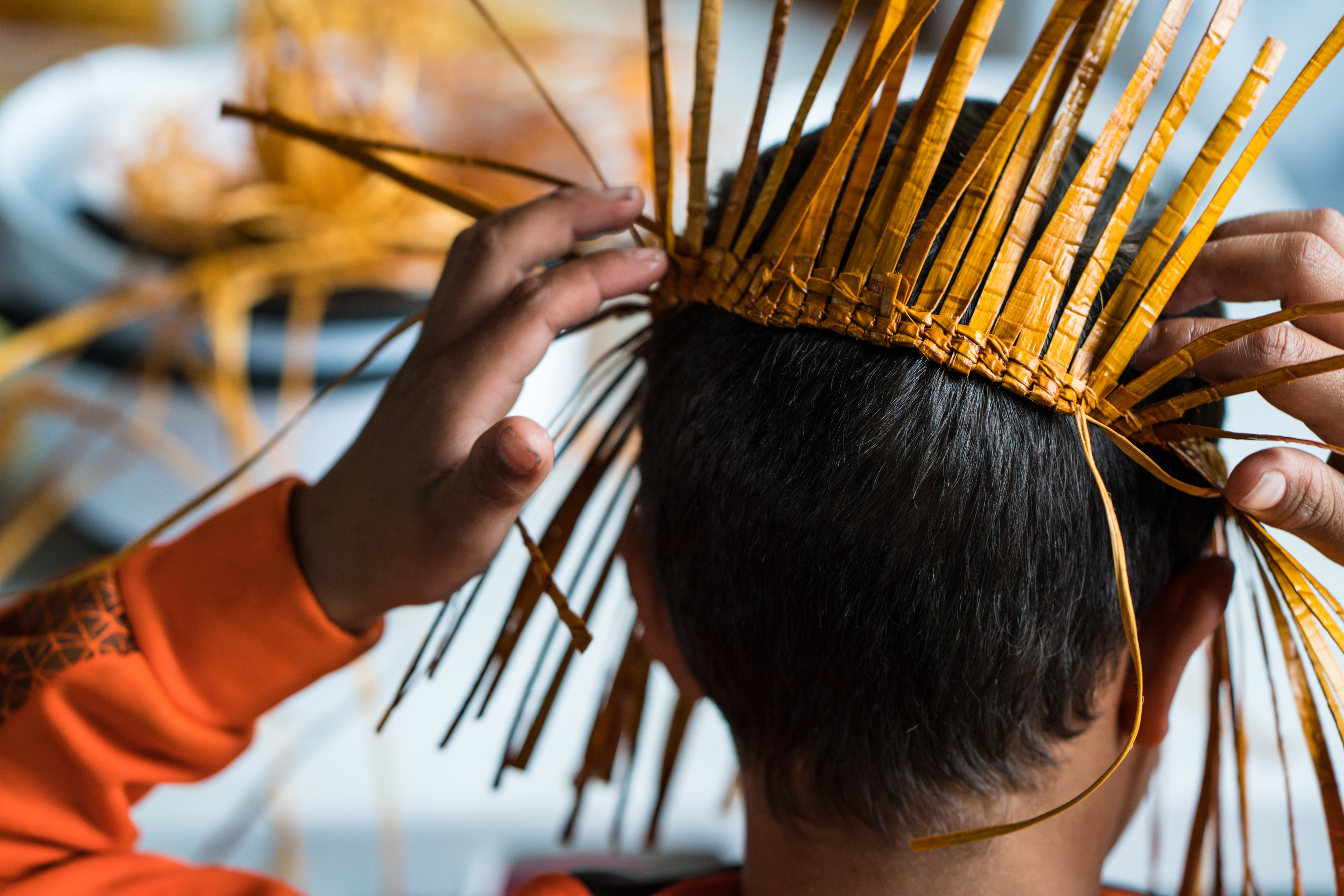
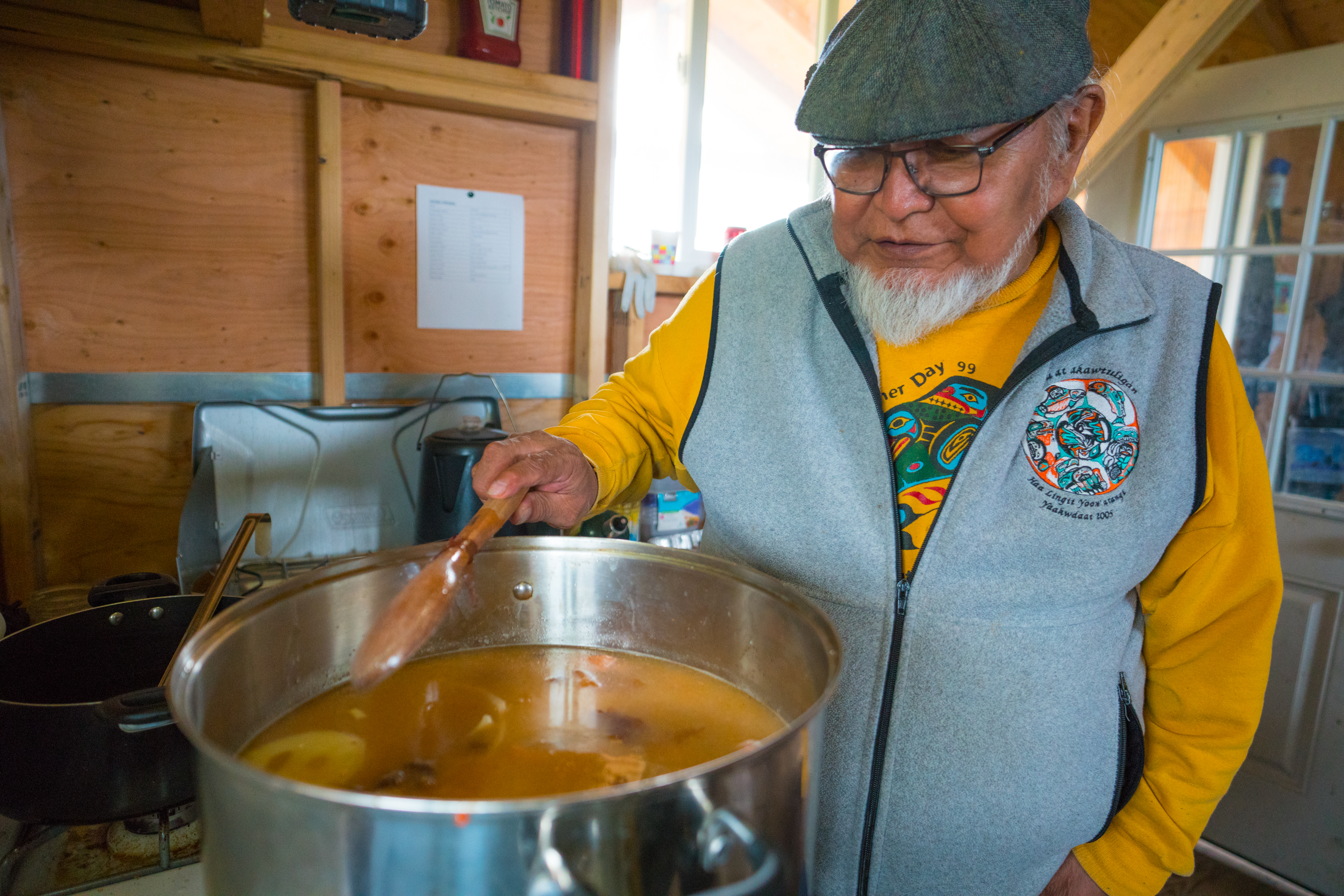
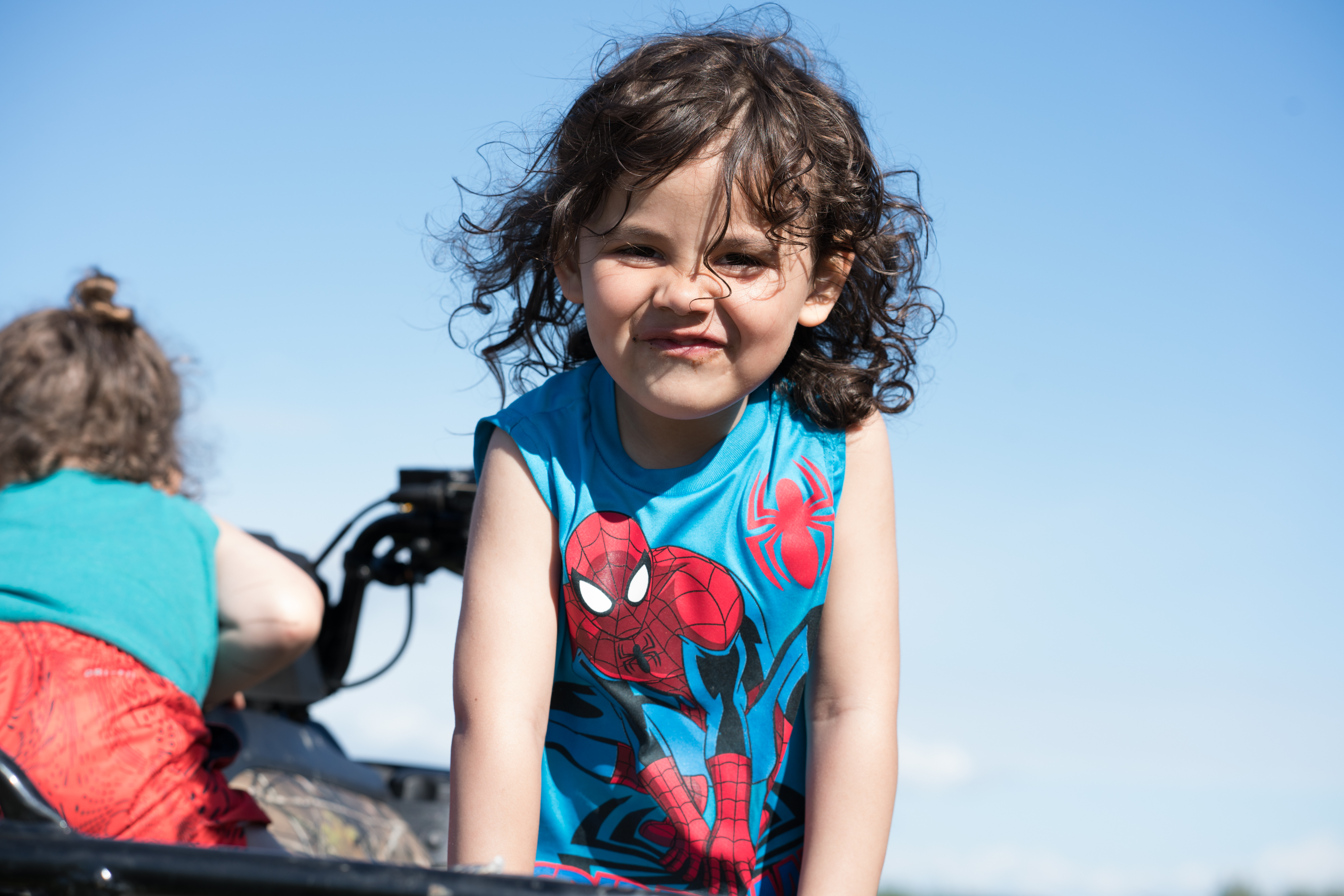
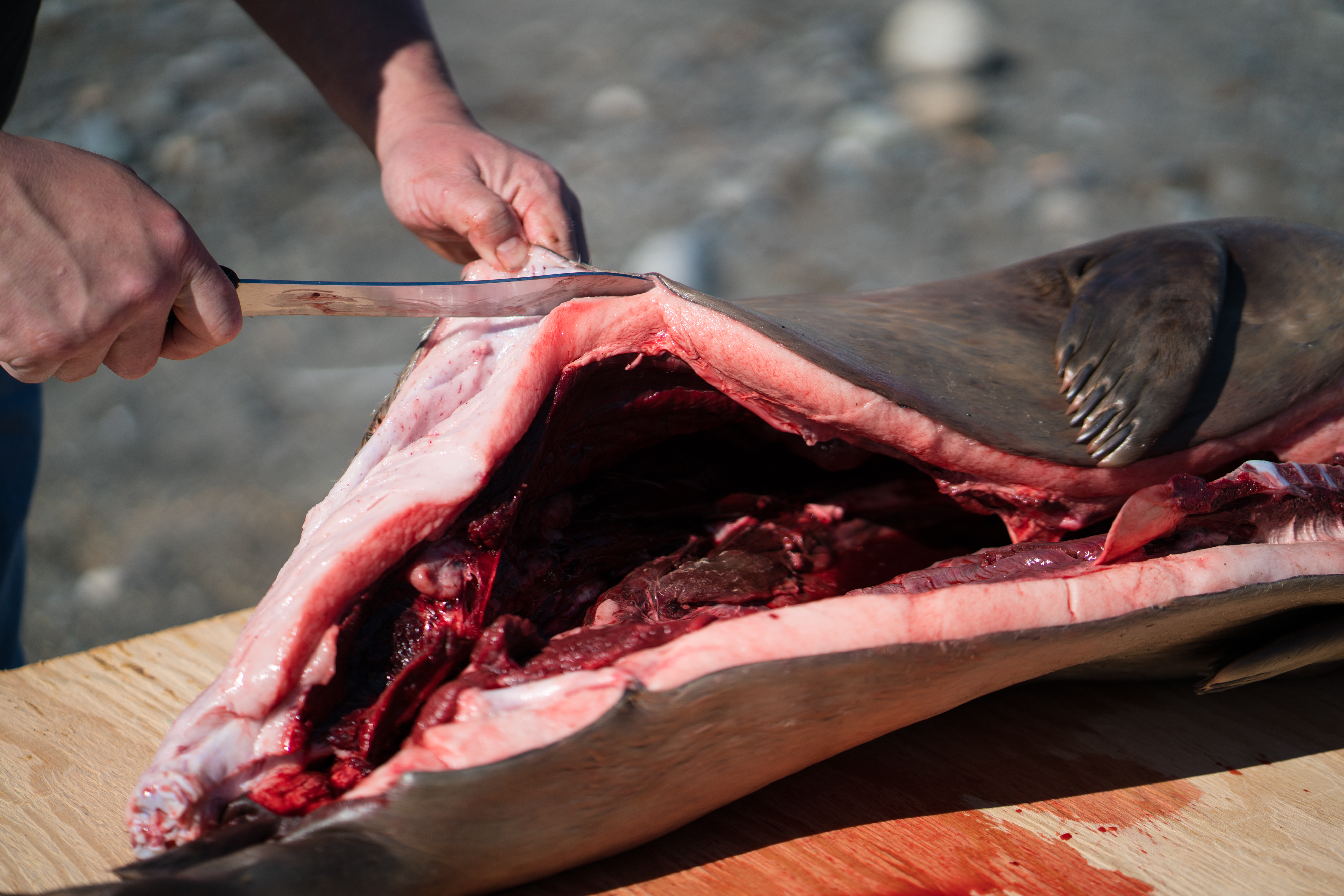
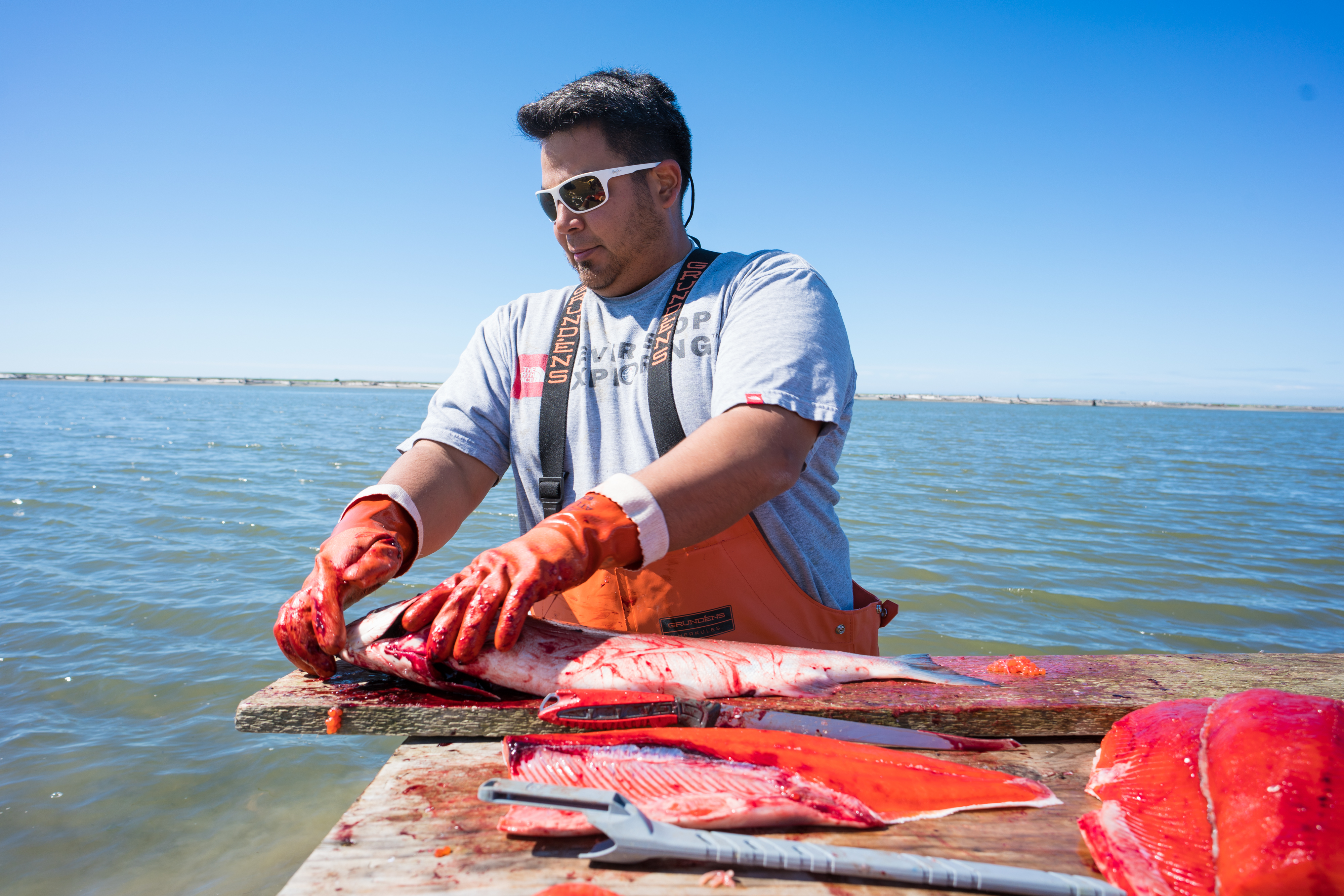
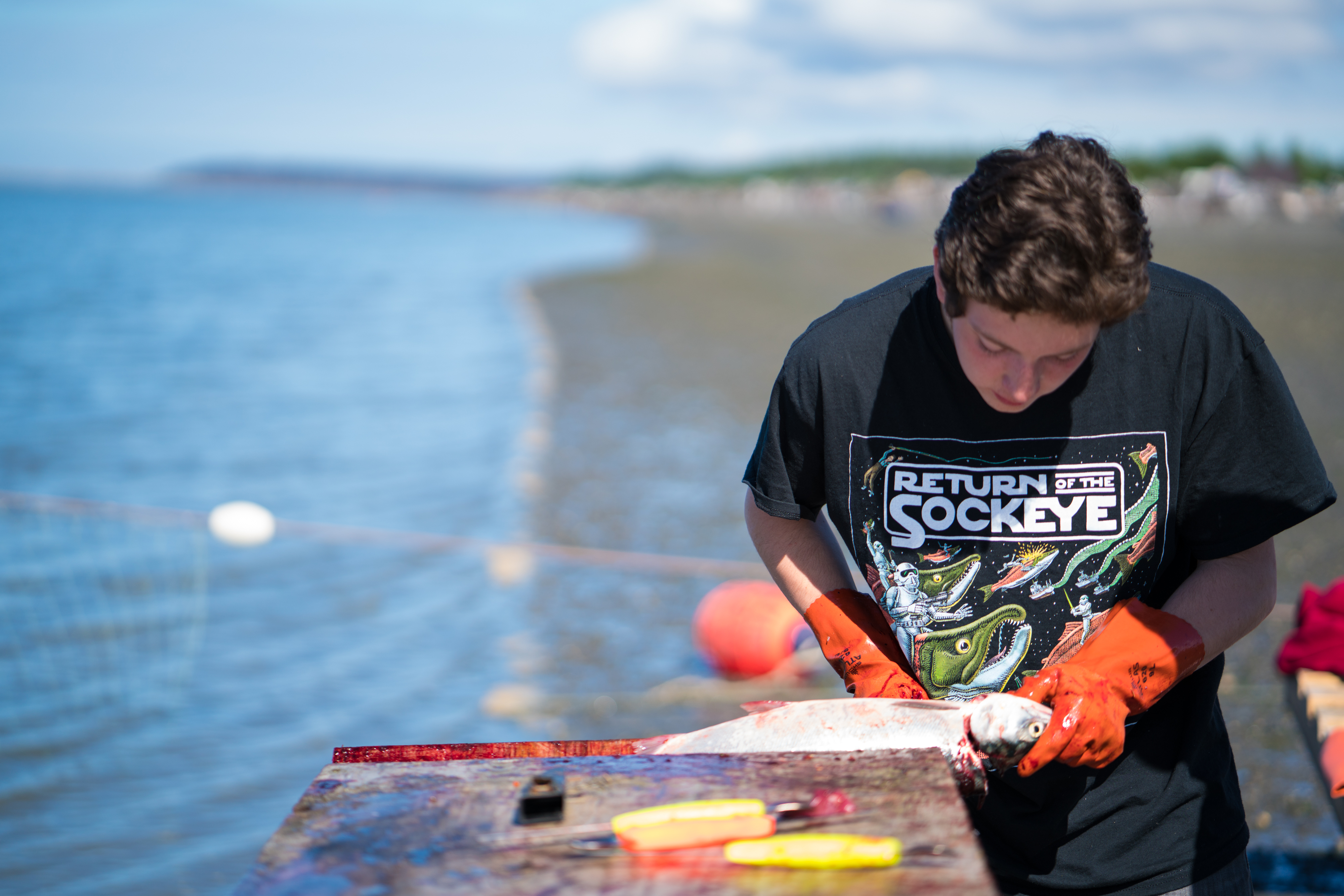
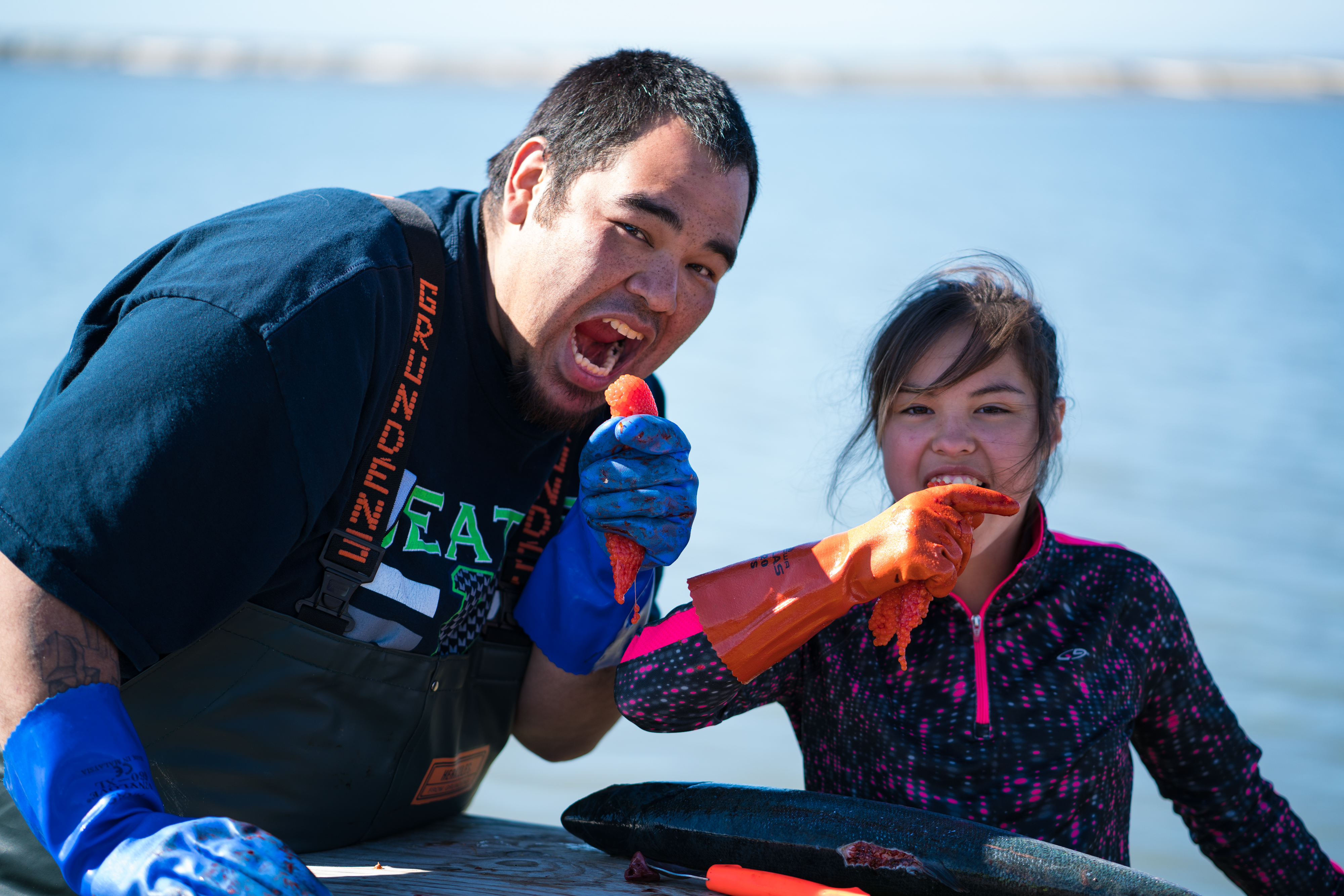
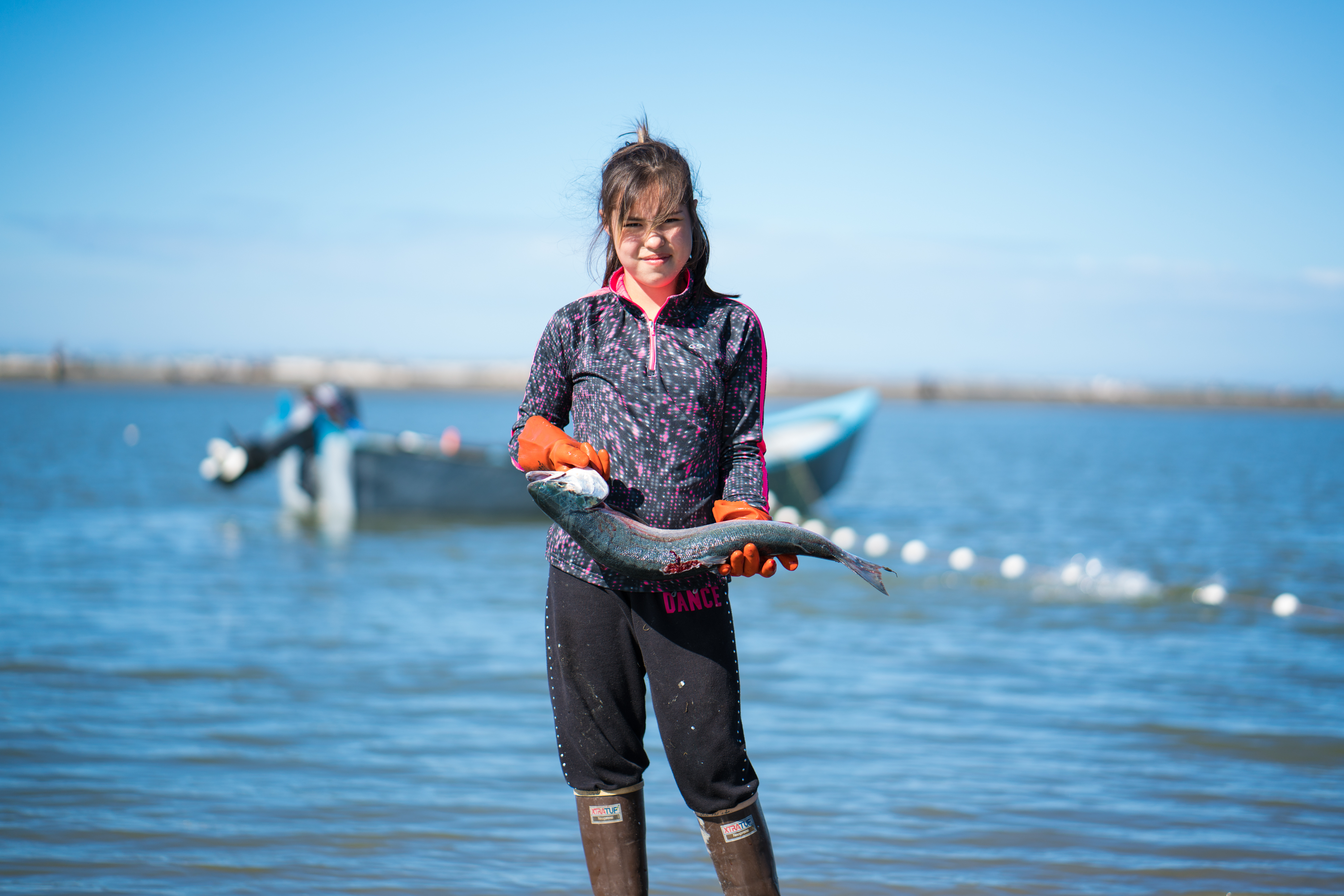
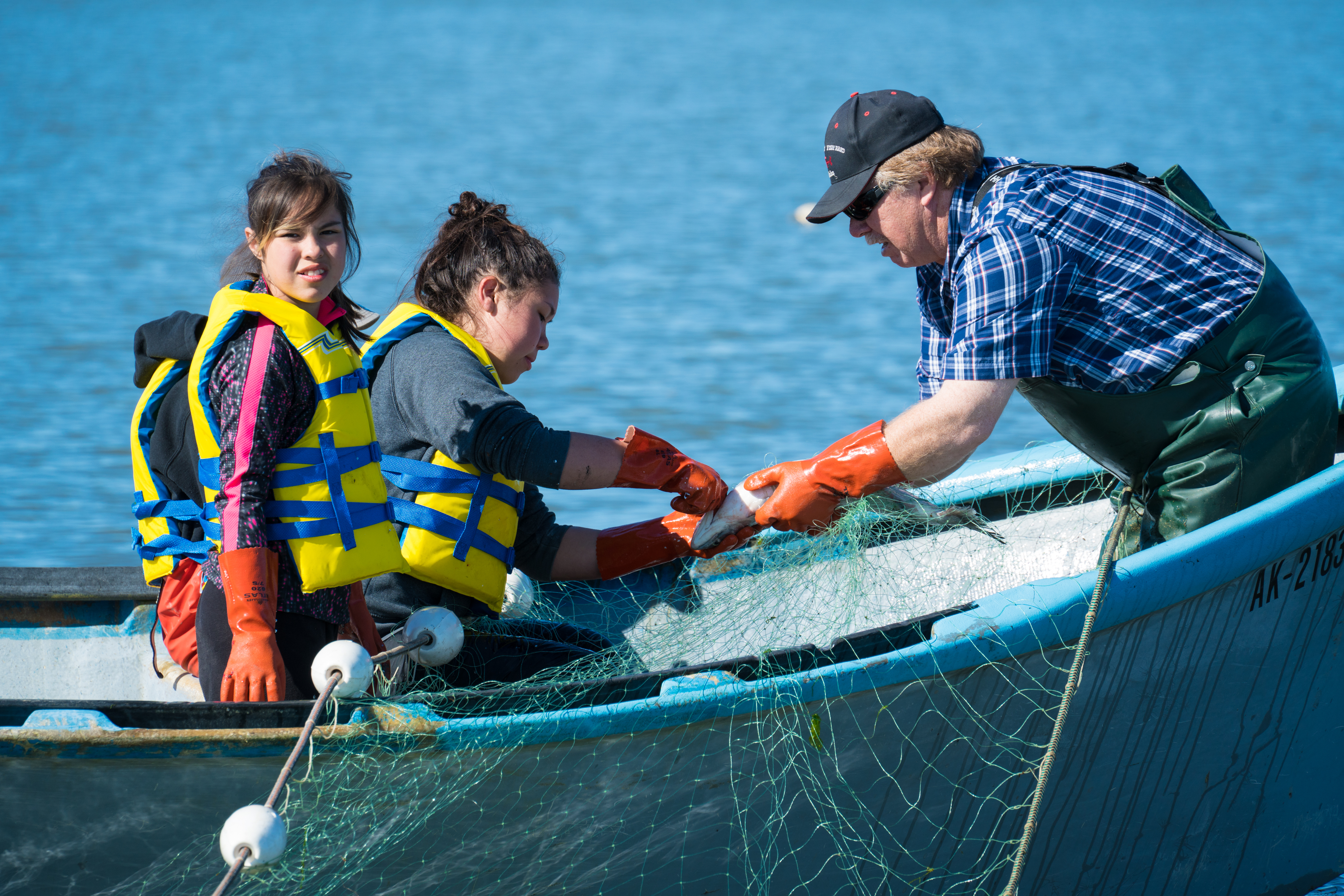
Yakutat tlingit tribe canoe program
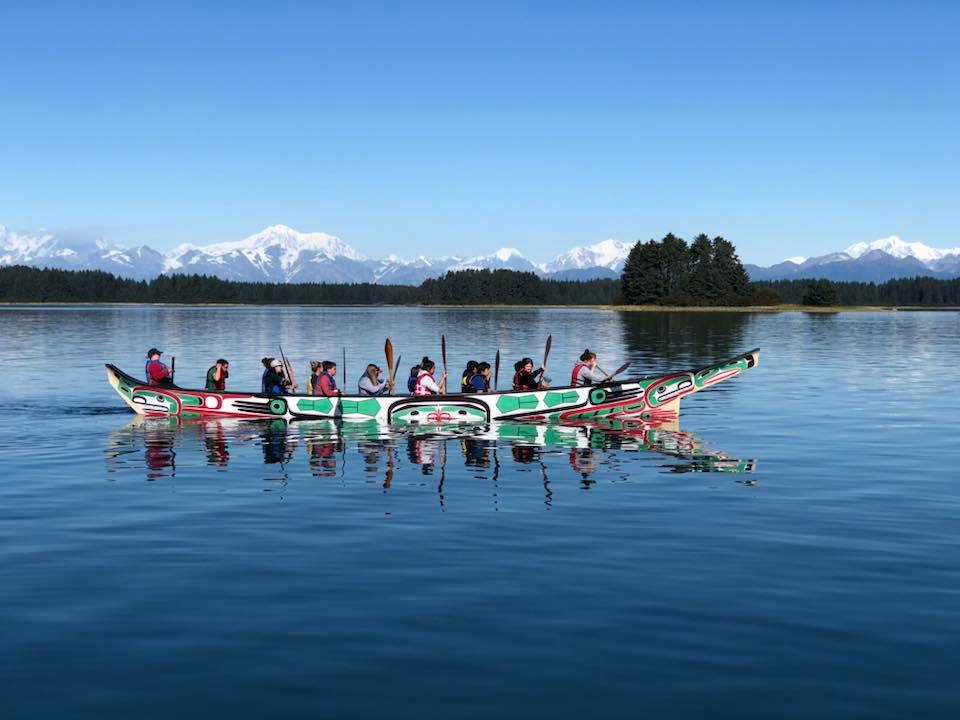
In 2017, the Yakutat Tlingit Tribe purchased a 39-foot open water, fiberglass canoe. The artwork for the canoe was open to all Tribal members and non-members in a formal RFP process and awarded to David Robert Boxley.

The Cultural Heritage Department continues to build programs around this canoe that include safety and wellness. In the past, Yakutat tribal members have participated in journeys by borrowing canoes from Alaska Travel Adventures without having practiced at all. This canoe allows our members to practice and participate in future journeys without having to depend on entities outside of Yakutat. Practicing is essential to the safety and success of the journeys. There are times on these trips that members are required to paddle for hours at a time in extreme wind and rain without breaks. Being in strong mental and physical shape will help ease the journey for paddlers and will also contribute to the safety of the group.

